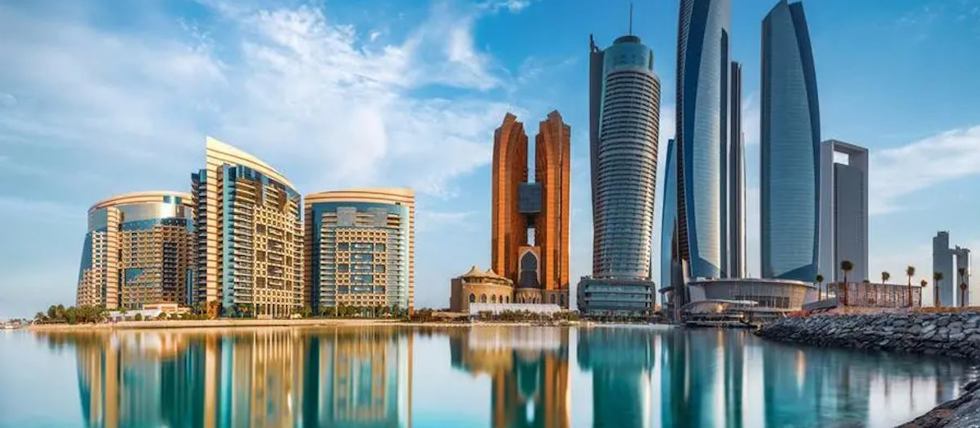United Arab Emirates' Emergence as a New Player in the Gaming Industry

The United Arab Emirates (UAE) is making significant strides in establishing itself as a global gaming hub with the creation of the General Commercial Gaming Regulatory Authority (GCGRA).
This federal-level entity is set to lay down stringent guidelines for the nation's burgeoning commercial gaming sector, paving the way for an "Arabian Strip" that could rival the likes of Las Vegas.
Wynn Resort Ushers In ‘Arabian Strip’ Era
The GCGRA's establishment comes on the heels of the announcement of the Wynn Resort in Ras Al Khaimah, a mere 45-minute drive from Dubai. This resort, set to open its doors in 2027, is a testament to the UAE's commitment to becoming a major player in the global gaming industry.
Leading the GCGRA is CEO Kevin Mullally, formerly of New Jersey’s Gaming Laboratories International, and Jim Murren, the ex-chairman and CEO of MGM Resorts. Their combined expertise promises a well-regulated and responsible gambling environment, aiming to unlock the UAE's potential commercial gaming revenue, estimated by Bloomberg Intelligence to be a staggering $6.6 billion annually.
The Wynn Resort, with its 1,500 rooms, 24 restaurants, and a whopping $3.9 billion construction cost, is expected to be a game-changer for Ras Al Khaimah. While Fitch Ratings warns of initial strains on public finances, the long-term economic boost, dubbed the "Wynn Effect," is anticipated to attract over 5.5 million visitors by 2030.
The Wynn's announcement has already spurred a luxury boom in the region. Brands like Nobu, W Hotels, and Le Meridien have announced their presence on Al Marjan Island, where the Wynn is located. This influx of luxury brands, combined with Wynn's potential to manage a portfolio of hotels and land-based casinos on the island, brings the vision of the "Arabian Strip" closer to reality.
Dubai's Gaming Ambitions
Dubai, too, is not far behind in the gaming race. Established brands like Caesars Palace and MGM Resorts have shown interest in introducing gaming to their Dubai properties. With the UAE government's stake in various resorts and close ties to developers, the path to gaming seems more a question of "when" rather than "if."
The Atlantis resorts in Dubai, owned by Kernzer (in which the Dubai government holds a 46% stake), have also hinted at entering the gaming arena. Kernzer's recent trademark filing for "providing casino facilities" under the 'Atlantis' name further fuels these speculations.
In conclusion, the UAE's foray into the gaming industry, led by the establishment of the GCGRA and the development of mega-resorts like the Wynn, signals a new era for the Middle East. As the region prepares to welcome millions of visitors in the coming years, the dream of an "Arabian Strip" seems well on its way to becoming a reality.
More Casinos & Games News
RELATED TOPICS: Casinos & Games
Most Read
Must Read
 Interviews
Interviews
Sweepstakes Casinos: Thriving in an Ever-Changing Industry – Interview with Attorney Stephen C. Piepgrass
Feb 17, 2025 Interviews
Interviews









Review this New Post
Leave a Comment
User Comments
Comments for United Arab Emirates' Emergence as a New Player in the Gaming Industry